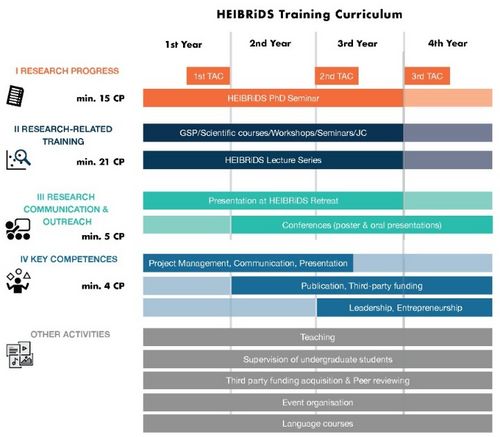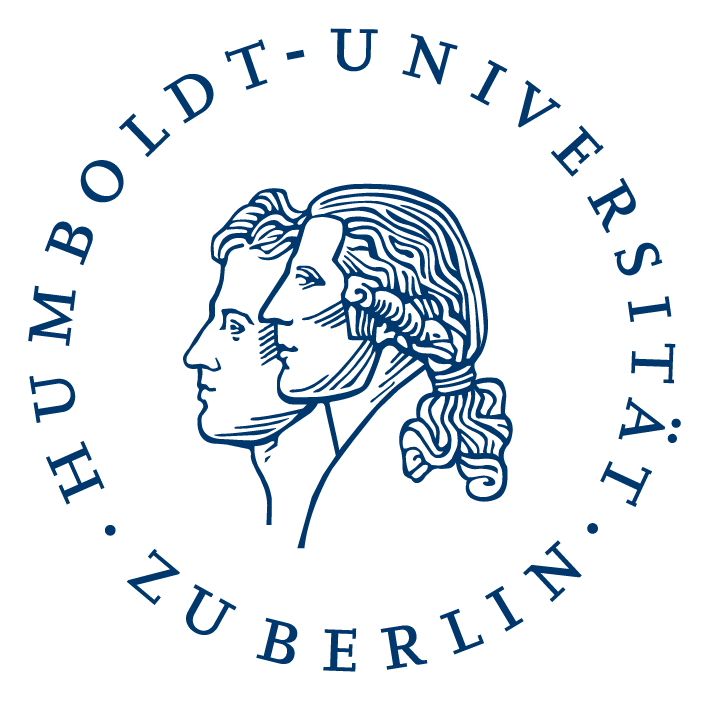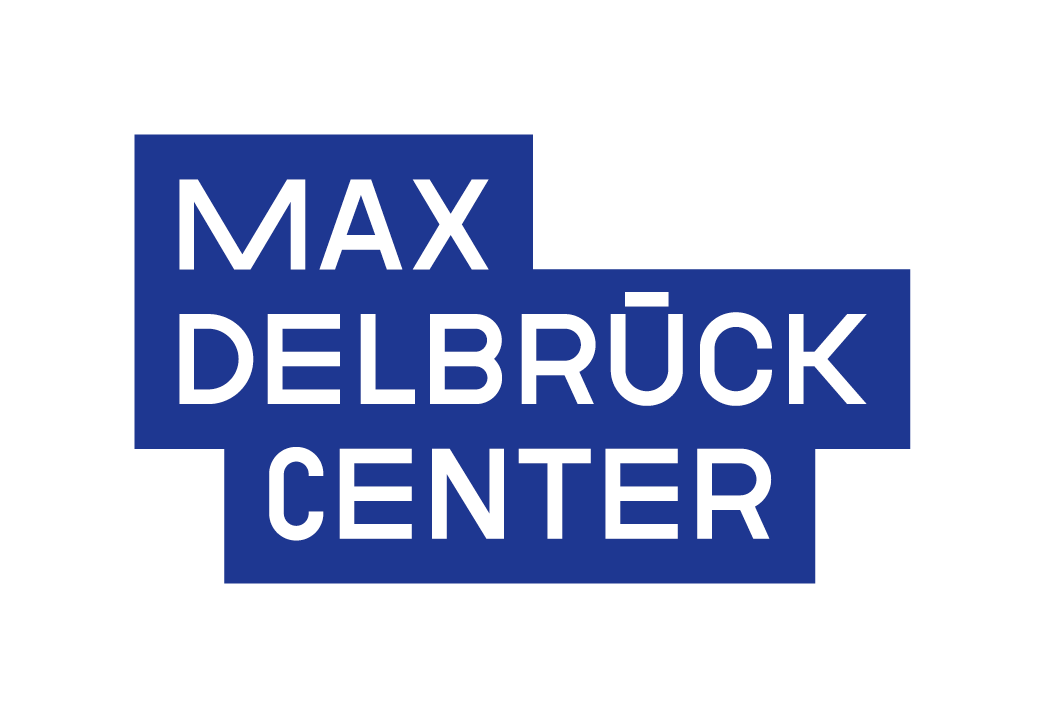TRAINING PROGRAMME
A broad spectrum of training offers allows each doctoral student to customize a curriculum based on research interest and personal needs and shall be decided in dialogue with the supervisors. The elements of the HEIBRiDS Training curriculum are clustered into 4 main modules:
Research Progress
The HEIBRiDS doctoral students are mentored by a tandem of a primary supervisor and a co-supervisor. The close day-to-day supervision is complemented with the Thesis Advisory Committee (TAC), consisting of the two project supervisors and at least one independent scientist from the Helmholtz centers or the ECDF partner universities. The annual TAC meetings provide a platform for monitoring and ensuring the quality of the research project. The TAC offers feedback on the project proposal in the first year, and reviews the progress and personal development in the following years. Complementary to tandem supervision and TAC, HEIBRiDS doctoral students receive peer feedback at the bi-monthly PhD Seminar.
Research-related Training
The research-related training module provides a wide range of lectures and workshops to enhance scientific skills and expertise. In addition to the research-related training organized by the HEIBRiDS Data Science School, each university and research center offers its own set of research-related courses. Due to the interdisciplinary nature of the HEIBRiDS program, the scientific training shall complement the background of the doctoral student, e.g. students with strong data science background shall select courses primarily from the particular application domain, whereas candidates with a strong application domain background should select courses on data science. In addition to research-related training organized by the HEIBRiDS Data Science School, HEIBRiDS PhD students can attend courses offered by the Helmholtz Association, all partner Helmholtz Centers, HIDA and the Berlin University Alliance.
Research Communication and Outreach
Doctoral students are strongly encouraged to play an active role in the scientific community, e.g. communicating their research to a scientific audience in lab meetings and research seminars, by inviting guest speakers, organizing meetings and colloquia, etc. Furthermore, doctoral students must present their research project at the annual HEIBRiDS Retreat. The HEIBRiDS Retreat is an important part of the curriculum, fostering scientific cross-disciplinary exchange and interaction. This event is organized with the active support of doctoral students, providing valuable lessons in organization and communication skills. In addition, doctoral students shall present their scientific work at least twice at an international conference.
Key Competences
Soft skills training and career development for early-career researchers is an integral part of the broader range of activities supported by the HEIBRiDS Data Science School. In addition to soft skills training organized by the HEIBRiDS Data Science School, HEIBRiDS PhD students can attend courses offered by the Helmholtz Association, all partner Helmholtz Centers, HIDA and the Berlin University Alliance.





